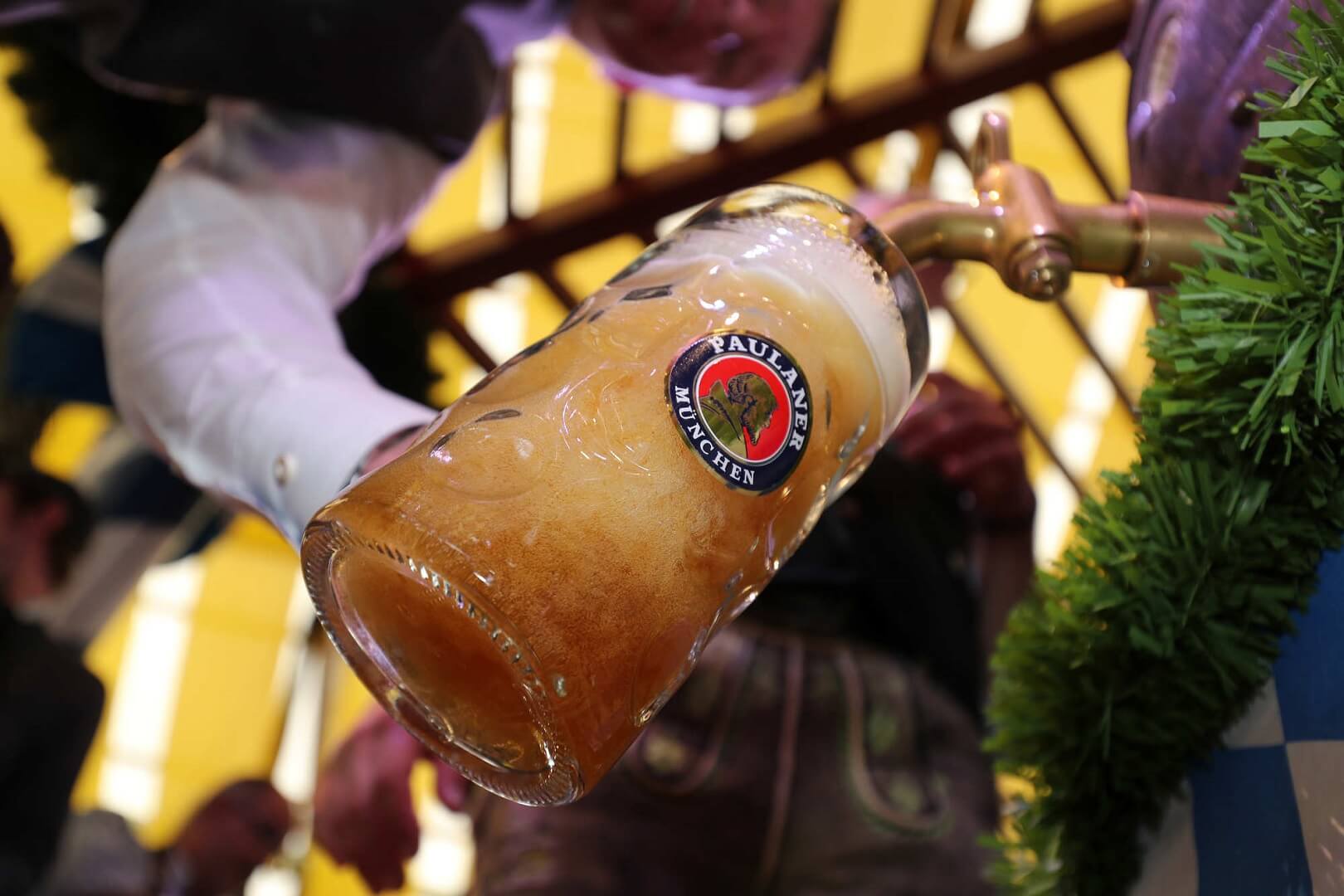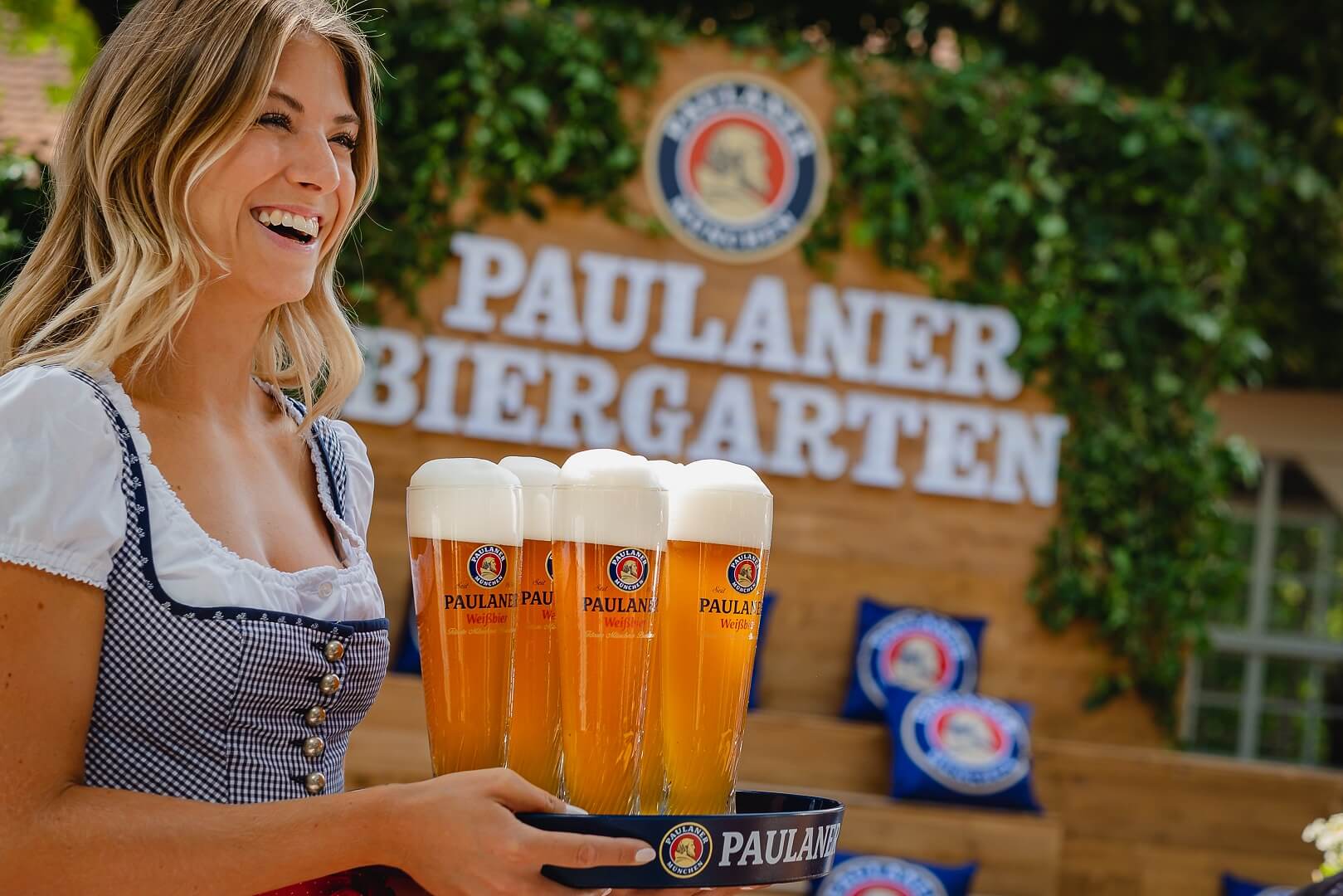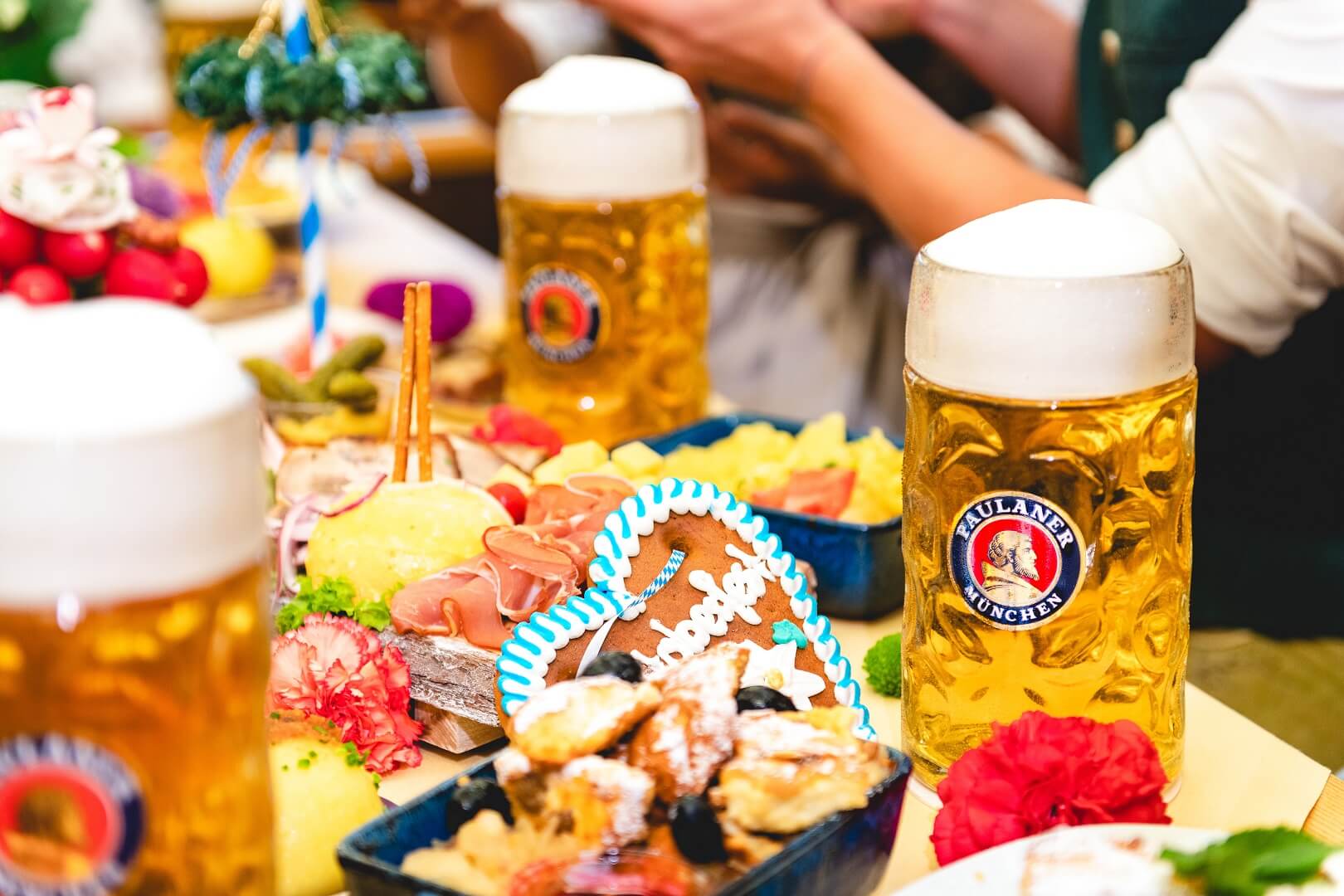Paulaner Brewery
Traditional brewing from Bavaria


The Paulaner brewery was founded in 1634, but its history actually predates. The monks of Munich have been brewing a strong beer called Paulaner Salvator since 1516. They worked hard and were extremely poor but brewed this beer to help them get through the difficulty of Lent. This adhered to the Reinheitsgebot (Bavarian Purity Law) of course, a law that many German brewers voluntarily observe this day.
Funnily enough, the beer became so popular that other brewers from the area complained to the Munich city council, saying it was unfair competition. This official document is dated to February 24, 1634. This has been used by Paulaner to validate their legacy, the first evidence of the brewery is proudly mentioned on all their labels!
Paulaner still remains connected to its history. From the annual Salvator tasting during to the legendary Oktoberfest, Paulaner's beers are world famous. You might not know Hell, Salvator or even Oktoberfest Bier but you will definitely be familiar with the Paulaner flagship, none other than the Weissbier.
Paulaner's popularity has since spread far beyond the city of Munich. Today, more than two million hectolitres of beer flow from the brewery to 70 countries around the world.
You may have heard of their flagship, the Weissbier. It's Germany's most popular wheat beer. And for good reason, Paulaner call it the ultimate beer for beer gardens, another beautiful Bavarian tradition. As with any weizen, banana aromas are the easiest to detect, but true beer lovers will note the more subtle fruity tones of mango and pineapple.
Pouring a weizen properly is a true art form. But beer expert Max van Paulaner is happy to show you how it's done!
Don't see a video here? Some ad-blockers also block these videos. Try disabling them and refreshing the page.

The beer garden has a well-established history and is a long-held tradition dating back to 1539. At this time, breweries were only permitted to brew during the colder months of the year. To have beer all year round, beer was kept in cellars to keep it cool for the warmer months. These cellars were often dug beneath chestnut trees which provided shade and a layer of gravel was added to the ground for insulation. Soon simple tables and benches were set up ... and here lies the genesis of the beer garden!
Local entrepreneurs started to complain again when the beer gardens started to sell food. As a result King Max I established the Beer garden ordinance (Biergartenverordnung) in 1812; which prohibited all but bread to be sold in the beer gardens. This law remains and is why you can still bring your own food to a beer garden today.

Paulaner is one of six official Oktoberfest breweries. Only these Munich breweries are allowed to pitch a tent and serve their beer during Oktoberfest.
In 2023, Oktoberfest will begin on Saturday, 16th September. At Beerwulf, we offer you the possibility to celebrate Oktoberfest at home, together with Paulaner. On this page and on the official Paulaner website, you will find the best tips for decorating your home, a recipe for the ultimate Bavarian drink board and even an Oktoberfest concert.
Take part in Oktoberfest by ordering Paulaner beers here!
Oktoberfest isn't complete without a good snack platter. Watch this video, it will help you put together an authentically Bavarian board. All the tasty snacks; cheese, dips, sausage, crunchy vegetables and pickles.
Get into the Oktoberfest spirit with Nachtstark, the original Oktoberfest band. With this concert playing in the background you can immerse yourself in the music and recreate a similar atmosphere!
Check your cart to see if you can get free shipping on that product